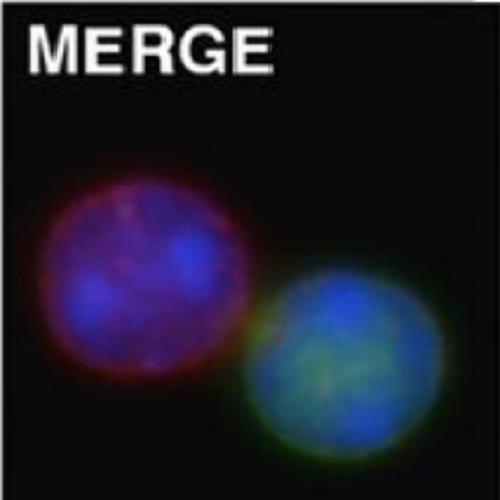Control of the STAT6-BCL6 antagonism by SWAP-70 determines IgE production.
Asthma and allergies are major health concerns in which Ig isotype E plays a pivotal role. Ag-bound IgE drives mast cells and basophils into exocytosis, thereby promoting allergic and potentially anaphylactic reactions. The importance of tightly regulated IgE production is underscored by severe immunological conditions in humans with elevated IgE levels. Cytokines direct IgH class-switching to a particular isotype by initiation of germline transcription (GLT) from isotype-specific intronic (I) promoters. The switch to IgE depends on IL-4, which stimulates GLT of the I? promoter, but is specifically and strongly impaired in Swap-70(-/-) mice. Although early events in IL-4 signal transduction (i.e., activation of the JAK/STAT6 pathway) do not require SWAP-70, SWAP-70 deficiency results in impaired I? GLT. The affinity of STAT6 to chromatin is reduced in absence of SWAP-70. Chromatin immunoprecipitation revealed that SWAP-70 binds to I? and is required for association of STAT6 with I?. BCL6, known to antagonize STAT6 particularly at I?, is increased on I? in absence of SWAP-70. Other promoters bound by BCL6 and STAT6 were found unaffected. We conclude that SWAP-70 controls IgE production through regulation of the antagonistic STAT6 and BCL6 occupancy of I?. The identification of this mechanism opens new avenues to inhibit allergic reactions triggered by IgE.

- J. Immunol. 2013 May 15;190(10):4946-55
- 2013
- Medical Biology
- 23589612
- PubMed
Enabled by:
